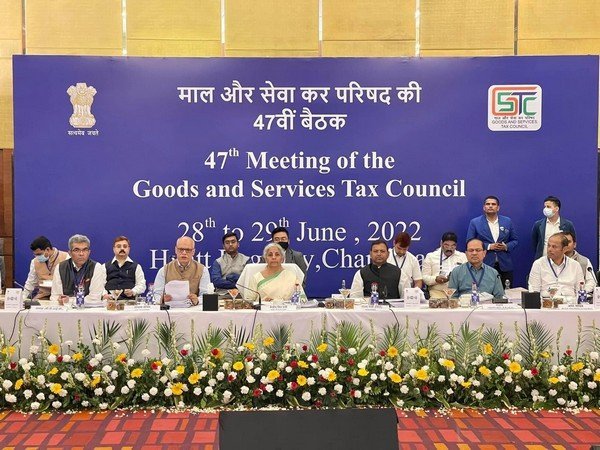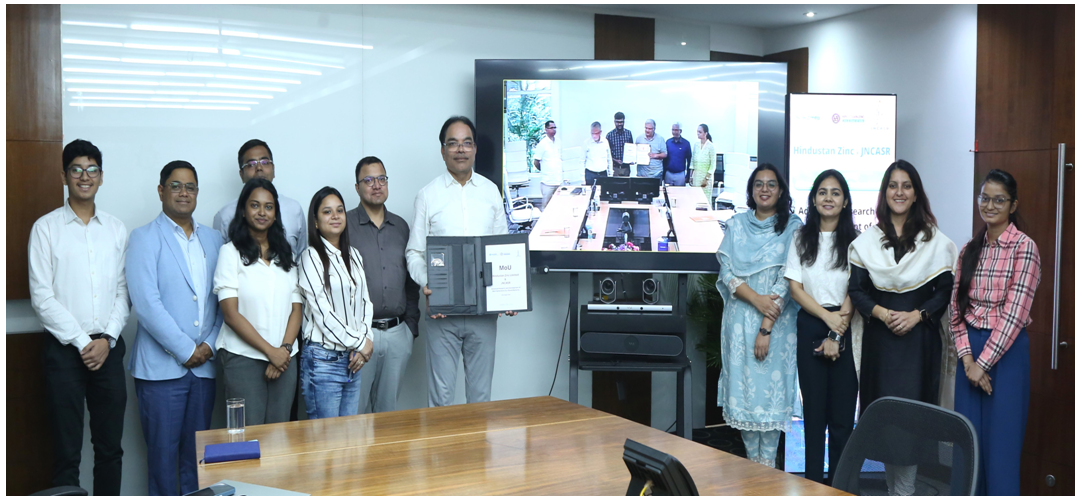All EVs, including EVs with swappable batteries eligible for 5% GST
The 47th Goods and Services Taxes (GST) Council meeting chaired by Finance Minister Nirmala Sitharaman concluded in Chandigarh last week.
The two-day meet (June 28- June 29) focussed on the reports tabled by various Group of Ministers on GST rate rationalization, fixation of GST rate on online gaming, and IT reforms, and also included a key clarification relating to goods and services tax on electric vehicles.
"Electric vehicles whether or not fitted with a battery pack are eligible for the concessional GST rate of 5%," the Council clarified in an official release.
It is important to note that EVs (with pre-fitted batteries) were eligible for 5% GST, however, EVs without pre-fitted batteries/swappable batteries attracted 18% tax.
"The latest clarification allows all EVs, including once with swappable batteries to also get 5% GST," said Dr. Rahul Walawalkar, President, India Energy Storage Alliance (IESA).
This has been one of the long-standing demands of the EV industry, along with the reduction of GST rates on (standalone) lithium-ion batteries from 18% to 5%, Dr. Walawalkar added.
The latest clarification by GST Council proves to be optimistic in clearing the doubt among original equipment manufacturers (OEMs) on the taxation bracket for EVs with swappable batteries.
India currently boasts of a growing battery swapping ecosystem. Reportedly, more than 50+ leading companies in India, across the value chain, are already associated with battery swapping. Further, studies indicate quick adoption and fast ramp-up of battery swapping in e-2W and e-3W segments is possible and could be further explored in e-taxis and e-buses.
The final Battery Swapping Policy due for release by NITI Aayog shortly is expected to lend more clarity on the battery swapping ecosystem and how it will be promoted.
All the rate changes recommended by the 47th GST Council will be made effective from 18 July 2022.
























